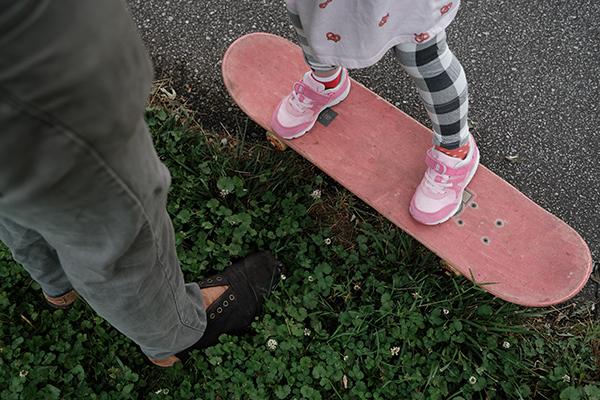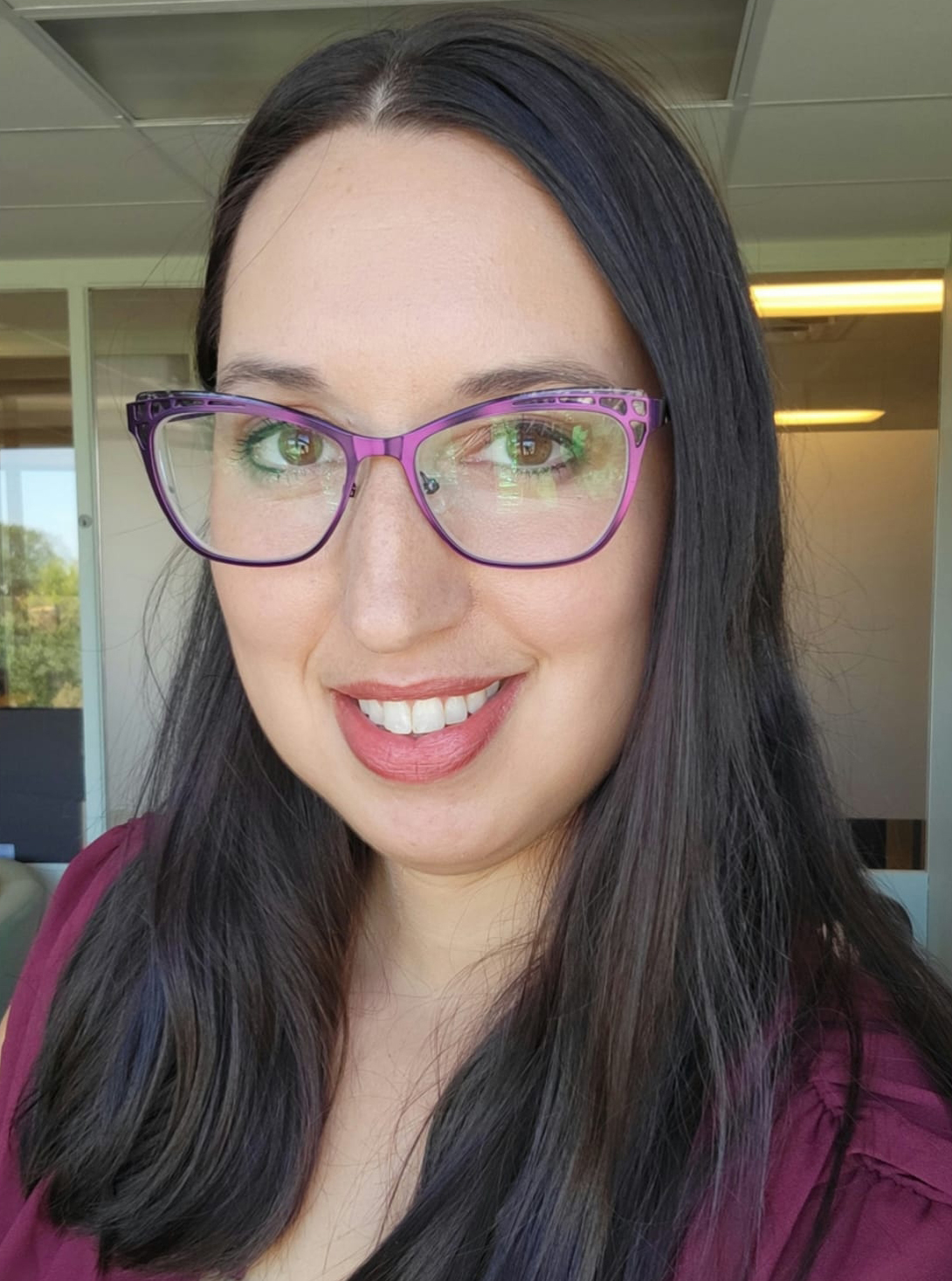Trigger warning: Infertility
by Brenda Blackhawk
As a modern millennial woman, I spend an average of seven hours a week on my phone, scrolling through social media, reading articles, and playing games. That means that I spend at least 30 minutes each week looking at ads. They pop up in the middle of a game, they catch my eye when I’m scrolling, and I have to close a dozen of them when I want to read an article.
When I hit the ripe old age of 26, my ads suddenly changed. I started seeing more ads for diapers, baby formula, and even maternity centers. I was confused because I didn’t have any children and had no plans to start a family. But I was a woman on the other side of 25 that approaching 30. I must be at least thinking about motherhood.
Of course, we live in changing times. These days, women are more likely to wait until their thirties or older to have a family. And it has become more common for women (and their partners) to choose a life without children altogether. But the prevailing culture still informs us that it is our job as women to be mothers.
Society certainly informs a woman of her role, but familial relationships and beliefs play an important role too. My mother, an exceptional woman and parent has always spoken of the love between mother and child in a way that seems almost magical. She loves everything about being a mother; she even claims to have loved giving birth! How can you not want to experience motherhood when that’s how your role model talks?
 “When will you give us grandchildren?” is a common refrain from most parents as they wait for new bundles of joy to love, and they look forward to bonding with their children over parenthood. In some families, the pressure is there to carry on the “line” or the family name.
“When will you give us grandchildren?” is a common refrain from most parents as they wait for new bundles of joy to love, and they look forward to bonding with their children over parenthood. In some families, the pressure is there to carry on the “line” or the family name.
Christian women of faith have some additional pressure to procreate. Biblical scripture was written in a time and culture that seemed unable to imagine the role of women to be much more than a vessel for creating and raising more humans. When a woman is a main character in the Bible, she is often a mother, which is her defining role.
The job of motherhood is such an important job, one that has been passed down from parent to child since the beginning of human existence. Over the millennia, women and parents have answered this vocational call, inside and outside biological families.
What happens to a woman who feels called and does not have the ability (with her partner) to produce offspring? What happens when the “normal” path to this sacred vocation of motherhood is closed?
I met my spouse ten years ago. We dated about six months and moved in together when we decided it was too expensive to live separately. We’ve been married since 2017. Altogether, more than nine years of possibilities with never even a pregnancy scare.
In all those years of preparing me for motherhood, no one ever told me that it might not be possible without medical intervention.
According to the Center for Disease Control (CDC), infertility is defined as being unable to conceive after one year or longer of trying. The CDC’s Infertility FAQs page states, “About 6% of married women aged 15 to 44 years in the United States are unable to get pregnant after one year of trying.” They go on to say another 12% of women have “difficulty getting pregnant or carrying a pregnancy to term.” The CDC also acknowledges that infertility is “often thought of as only a woman’s issue.”
In the U.S. population of women between the ages of 15 and 44, there were 64,543,832 million at the time of the 2020 census. That means 7,745,260 women struggle with having children. And yet very few talk about it.
I’ve felt ashamed. I’ve felt the heartbreak each month when my period shows up like clockwork. I’ve prayed to God for healing and answers. Each birthday I feel the pressure of my biological clock, which just rang in my 34th year. I’ve looked on with jealousy when friends celebrate new pregnancies or births. I’ve felt the injustice when I’ve come across folks who didn’t expect or desire their pregnancies. I’ve questioned my worth as a woman.
Every time someone asks, “when are you guys going to have kids?” I feel a visceral trauma response in my body. People simply make conversation, inquiring about our life plans, not meaning to be cruel. I know that. But I can’t change how my body reacts. And it is painful.
The Bible can certainly be a place that offers hope in the midst of infertility. There is a slew of mothers who were “barren” into their old age, and God grants them miracles. Sarah, Rebekah, Rachel, Hannah, and Elizabeth are the most notable. Hope is good, but even hope can hurt sometimes.
My spouse and I have begun to undergo a process of finding answers. Already, we’re learning a lot of science and what could be preventing pregnancy. We’ve grown closer in the process as we discuss the intimate and uncomfortable moments in being poked and prodded by doctors. Our doctors are feeling hopeful, so we are too.
Being angry
It would be easy to be angry with God as if we are somehow being punished by outside forces. But, I can’t feel that way. I’m so grateful for the love and children in my life. We have my little siblings (ages 6 – 13), our nieces and nephews, and of course, our two dogs, Luna and Loki, who get all our parental love and care.
I wish I could end this article with, “God answered our prayers! We’re pregnant!” But I can’t. I don’t know what’s to come, but I know I’m not alone. I’ve got God, my spouse, and a whole community of women who are going through the same struggle.
I see you. You’re not alone.
 Brenda Blackhawk (Ho-Chunk) has been the Congregational Organizer for Racial Justice at the Minneapolis Area Synod for the last three years. She grew up in North Minneapolis and was raised in both the Native American Church and an ELCA congregation, Salem Lutheran Church. Brenda believes that working for justice is an important part of living out the gospel and that direct action is organizing a powerful, community-centered way to go about it. Brenda loves books, food, and karaoke but hates pandemics. She lives in Brooklyn Park, Minn. with her spouse, Chris, and her two perfect dogs, Luna and Loki.
Brenda Blackhawk (Ho-Chunk) has been the Congregational Organizer for Racial Justice at the Minneapolis Area Synod for the last three years. She grew up in North Minneapolis and was raised in both the Native American Church and an ELCA congregation, Salem Lutheran Church. Brenda believes that working for justice is an important part of living out the gospel and that direct action is organizing a powerful, community-centered way to go about it. Brenda loves books, food, and karaoke but hates pandemics. She lives in Brooklyn Park, Minn. with her spouse, Chris, and her two perfect dogs, Luna and Loki.


I wish you and your spouse well!! Blessings!!
Thank you for this. My husband and I are also on a journey through infertility and I really think the church needs to talk about it more. It can be so lonely and isolating and I find myself turning to God but all I have is individual prayer. I wish the church had more support to offer to accompany us through this stage of our lives
Thanks for sharing your journey Brenda. Prayers and hugs.
What a beautiful expression of vulnerability. Thank you for helping to change the narrative around infertility.
We share your feelings. Thank you for writing. After 8 years we adopted and our daughter was born on our 8th anniversary. Four years later we adopted a son. They are the joy of our life.
Thank you very much for talking about this delicate subject. My daughter has had five miscarriages now & is struggling very hard to handle it.
I wish that I could have had biological children but I can’t because of my age and medical problems as well as other problems my cat is my child so I’m an animal parent and I love her